
INDIANA – Many factors impact sports and athletes today, including social media, participation cost, time commitment, and hyper-competitiveness. Anyone could argue that sports help kids develop many skills that can benefit them in adulthood. However, since sports culture has evolved, do the benefits outweigh the costs?

According to the Aspen Project, in 2018, 38 percent of children participated in an organized sport, down from 45 percent in 2008. According to MedPage Today, research has found that early or overspecialization in sports, or playing the same sport for eight months or more per year, has increased injuries and burnout.
Meanwhile, parents are paying big money for their children to participate in some programs, on top of gear and travel. These high costs may cause parents to put more pressure on teams to succeed. Some parents may expect their children to obtain athletic college scholarships, increasing an athlete’s pressure to compete.
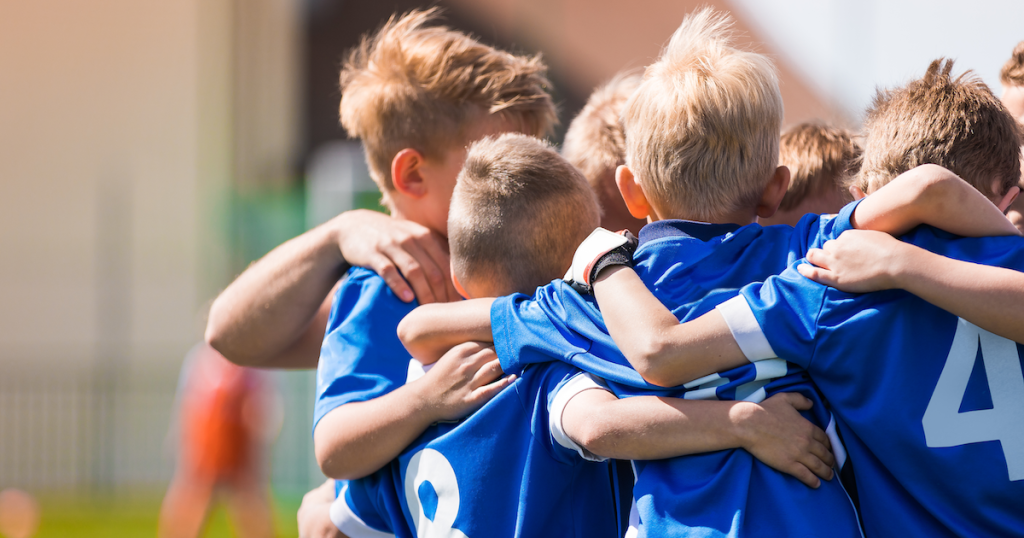
Demanding schedules can cause overuse injuries, resulting in medical bills and worried parents, causing further stress and anxiety for young athletes. These stressors may pressure kids to play through the pain or return to a sport before their injury fully recovers.
When kids try out for a sport, they usually aim to “have fun.” They expect to make new friends, develop skills in a sport, and get some mentorship from a coach. As time passes and the stakes get higher, this may evolve into burnout from a packed schedule, guilt from parents’ financial contributions and time commitment, stress from an injury, anxiety to earn a scholarship, and ultimately, pressure to win. Many times, older athletes are entirely basing their value as a person on their ability to compete in a sport.
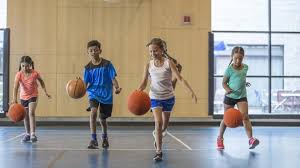
So what do we do to prevent this? An athlete’s enjoyment in a sport largely contributes to whether or not they will stick with it. So, how can we make sports fun again for athletes?
What about if we check in with our athletes as parents and coaches? We might ask, “What are you hoping to get out of this season?” “What would you like to see happen?” “How can I support you?”
As a parent, it might mean leaving the coaching to the coaches and not coaching from the stands, coaching on the way to and from games, or cutting out the travel season and competing during the school season. As a coach, it might mean cutting back on the two-a-day practices, having a team bonding day or outing, incorporating fun games into practice, or giving a day off.
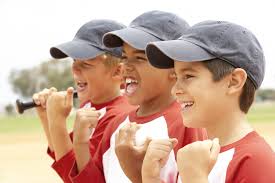
And for both parties, it might mean prioritizing fun and skill-building over winning. Overall, having positive and encouraging conversations with athletes and checking in is necessary.
Unfortunately, there is no black-and-white answer. What works for one athlete may not work for all. Every athlete is an individual, trying to thrive with different dynamics of parents, coaches, and teammates. How they are doing and feeling about a sport depends on many factors.
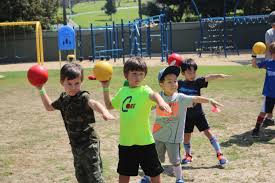
Therefore, I’ll leave you with this. Check-in with your athletes whether you are a parent or coach. Talk with them one-on-one and listen to their hopes and burdens. From there, assist them in finding options to find relief, address an issue, or maybe sign up for another sport. We won’t know the answer until we have these conversations and show our athletes that we are there to listen, support, and help them make the best decisions for their mind, body, and spirit. Maybe then, we will see more kids joining sports again and, more importantly, having fun!
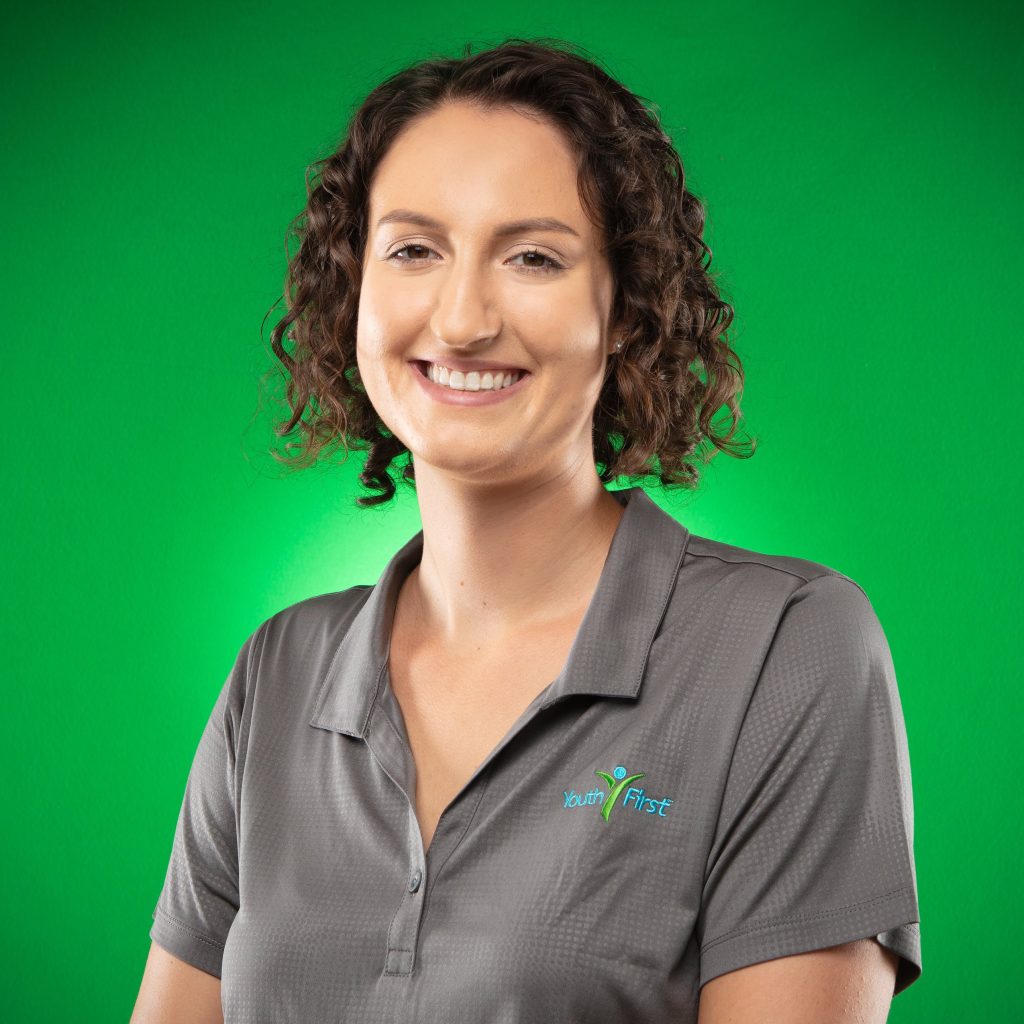
Jordan Nonte, MSW, LSW, is a Youth First Social Worker at Perry Central Elementary, Perry Central Jr. High, and Perry Central High School in Perry County. Youth First, Inc., is a nonprofit dedicated to strengthening youth and families. Youth First provides 90 highly trained mental health professionals (primarily master’s level social workers), prevention programs, parent engagement coordinators, and bilingual support personnel to 125 schools across 14 Indiana counties. Over 50,000 youth and families per year are served by Youth First’s school-based social work and community programs that promote mental health, prevent substance misuse, and maximize student success. To learn more about Youth First, visit youthfirstinc.org or call 812-421-8336.



